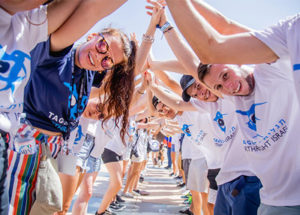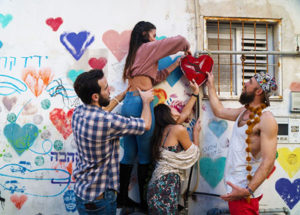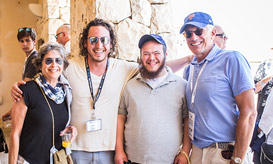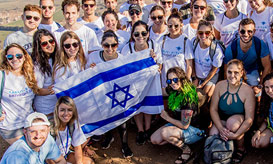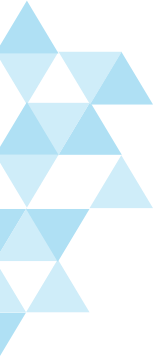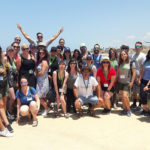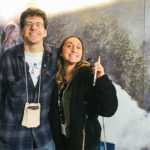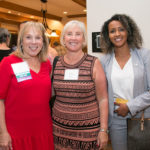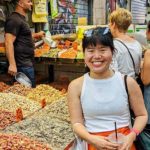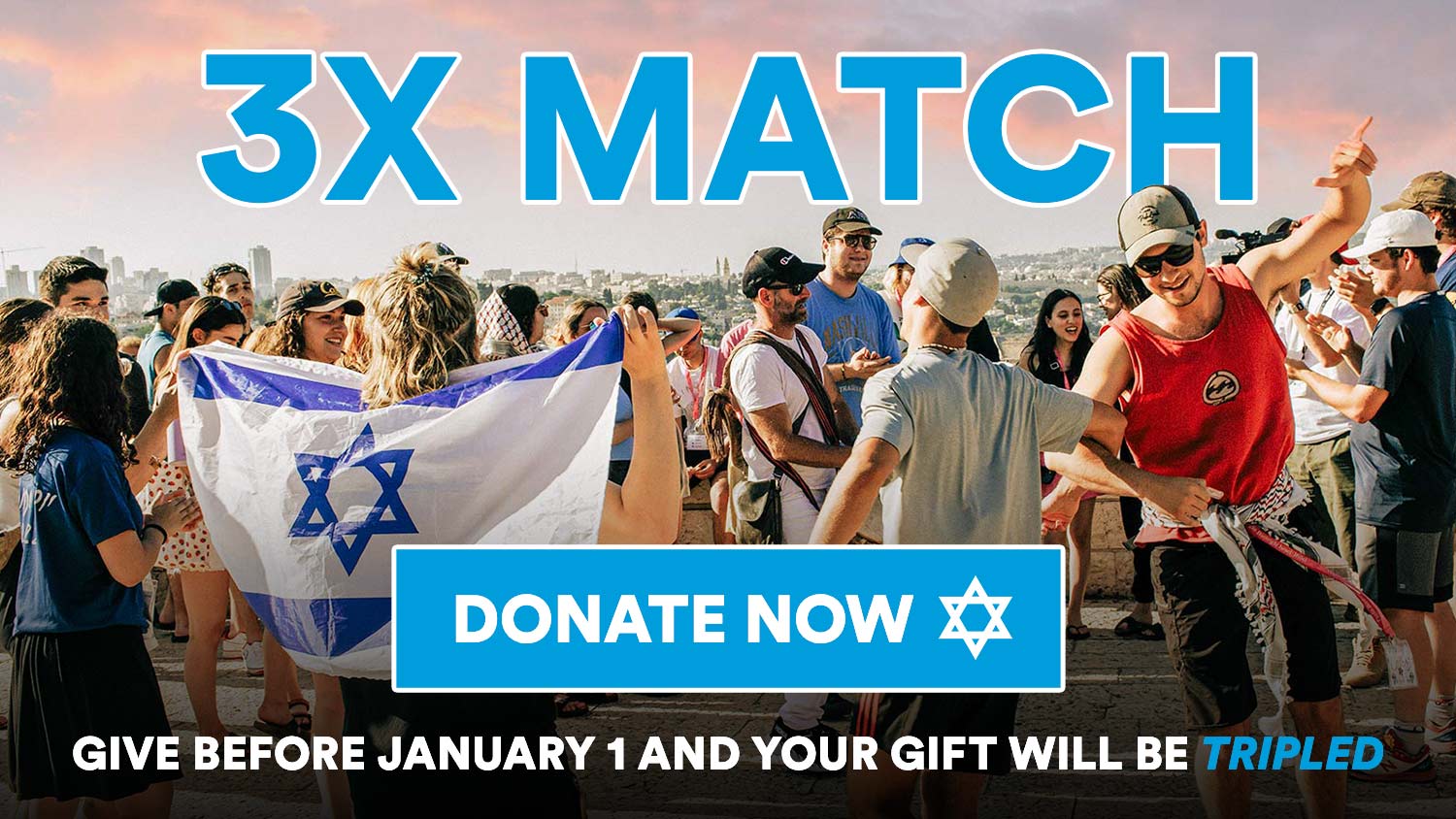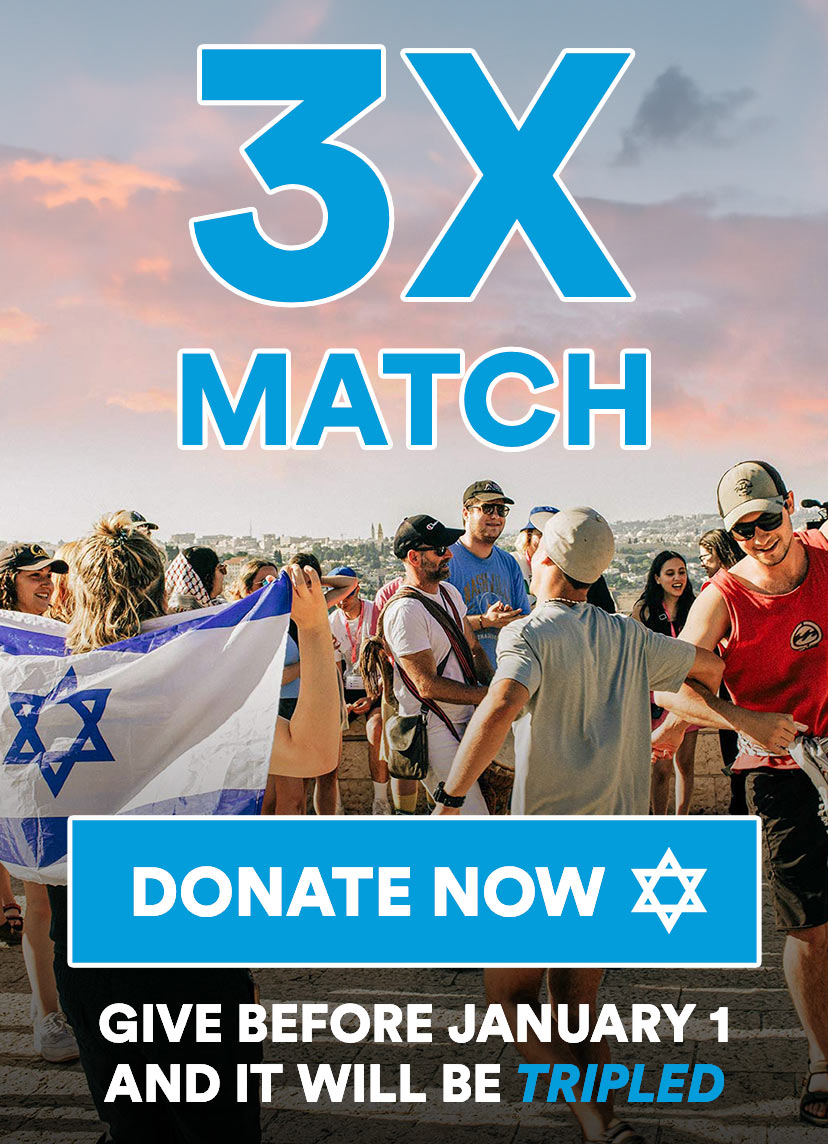Laura Fenton is originally from Memphis, TN. She thought she'd never make it to the land…
I was 22 years old when I went to Israel for the first time on a Birthright Israel Onward program for two months in Haifa. I volunteered with the children of Eritrean asylum seekers at an NGO called Aleph. My relationship with Israel waxed and waned throughout the years, from being immensely proud of the only Jewish nation to being incredibly frustrated as to how to rectify the tantalizing and often painful realities of Israel.
Growing up in shul, Israel was described as a land of milk and honey, yet the media and hashtags portrayed a very different tale. As an international relations student going into my senior year, I decided that I needed to see for myself that I could only trust my own eyes and ears.
Arriving in Israel, I realized pretty quickly how normal Israel was, a country like any other, with people going to work and studying, living their day-to-day lives just as people would in any other country. From the beginning, I was struck at the rapidness and ease with which Israelis made me feel at home. From teaching me Hebrew to orienting me around Haifa, I felt at home.
On our Jerusalem seminar, I’ll never forget going to the Kotel and praying and being struck by the sudden realization that I was the first in my family to return to our ancestral homeland after 2,000 years. Everything in our history as a people, the pogroms, the scapegoating, the de jure segregation, somehow made this moment possible, and I was forever intertwined with those who were and those to come. To say that it was a full circle moment is putting it lightly. I got to explore my Jewish identity and those of others in ways that I never thought imaginable: seeing Orthodox Jews walking under rainbow flags as they passed the street in Tel Aviv, enjoying the tranquility of Shabbat with friends in Jerusalem, learning the traditions of various ethnic groups such as the Ethiopian and Moroccan Jewish communities. All of these different learning moments allowed me to better visualize Judaism and the Jewish people as the spectrum that conceptually and cognitively I knew we were but never got to fully experience from my comfortable cocoon in my predominantly Ashkenazi reform community.
Being specifically on the Onward Israel program allowed me to finally confront those tantalizing and painful truths in a safe place. As we toured the country, from Haifa to Segev Shalom in the Negev, to listen, speak, and engage with community members from distinct demographics of Israeli society, I very quickly became comfortable with being uncomfortable. Their stories and histories didn’t necessarily match my experiences of the country I had come to know and love. Yet, while painful and jarring at times, they made Israeli society’s nuances more straightforward and transparent. Having facilitated and casual dialogue with peers and staff allowed us to bounce back ideas and opinions to strengthen or challenge our own notions while simultaneously forming them.
By the end of my two-month internship, I found that the questions I had come with had been answered, and I was returning home with new questions and more questions. Ultimately, this strengthened my commitment to Israel rather than break it because, despite the duration of the internship, I had been given a particularly comprehensive base of knowledge to keep pursuing answers and to maintain an open mind. Armed with the new tools given to me, I could continue back home on the journey that I had started in Israel.

